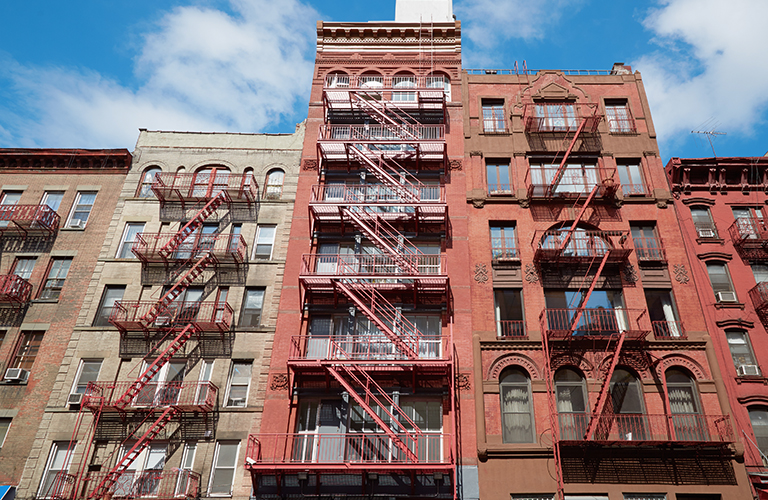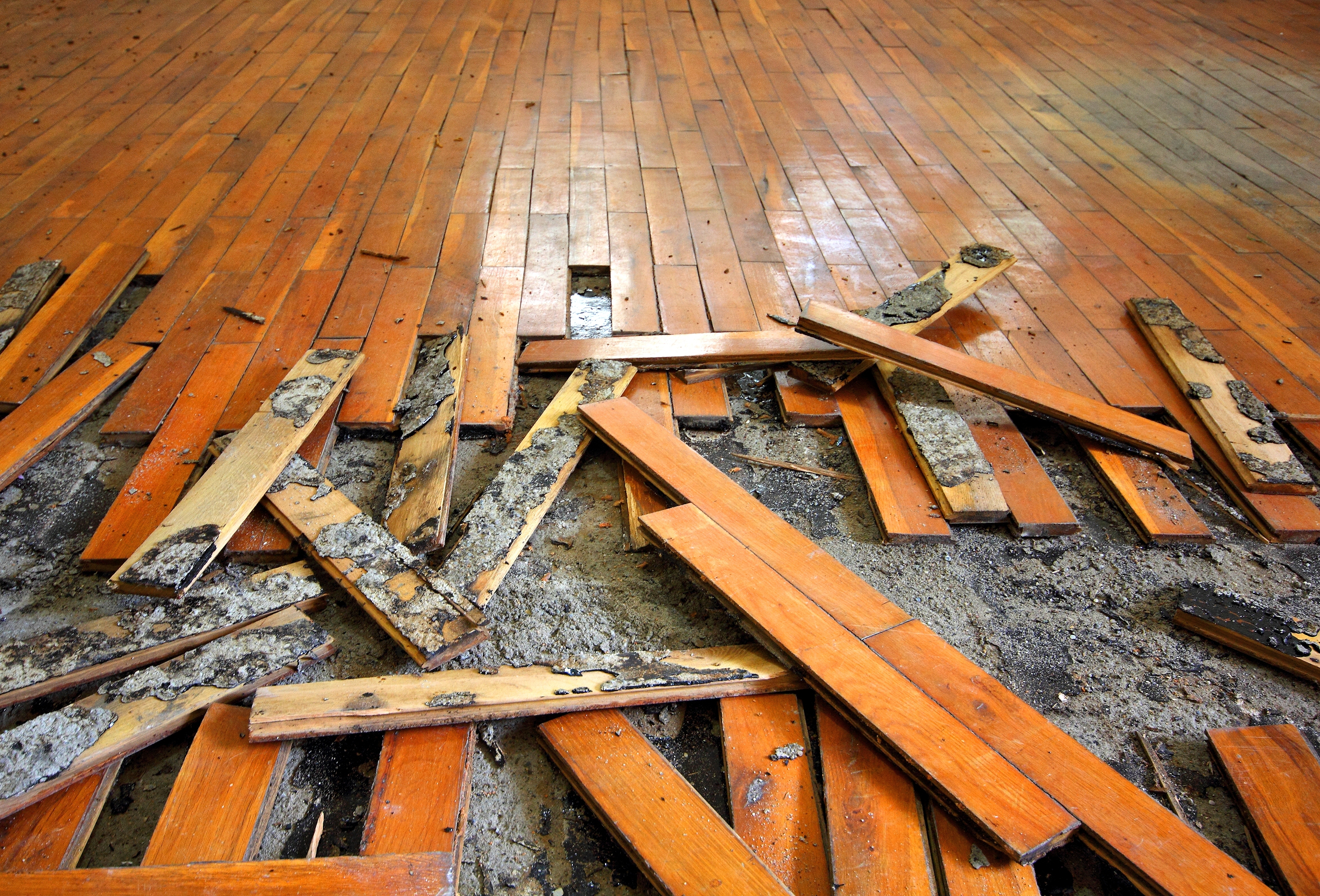
The sweeping changes in New York’s rent laws that were passed by the Legislature and signed into law on June 14, 2019, have been widely reported. While these changes will have a substantial, if not drastic, effect on conventional rental housing, they are largely irrelevant as far as the operations of cooperatives and condominiums are concerned. The legislation that made changes to the rent laws also made a number of changes to other laws that do affect cooperatives and condominium unit owners. Among these changes are the following: Under a change in the NY General Obligations Law, security deposits and rent… Read more










